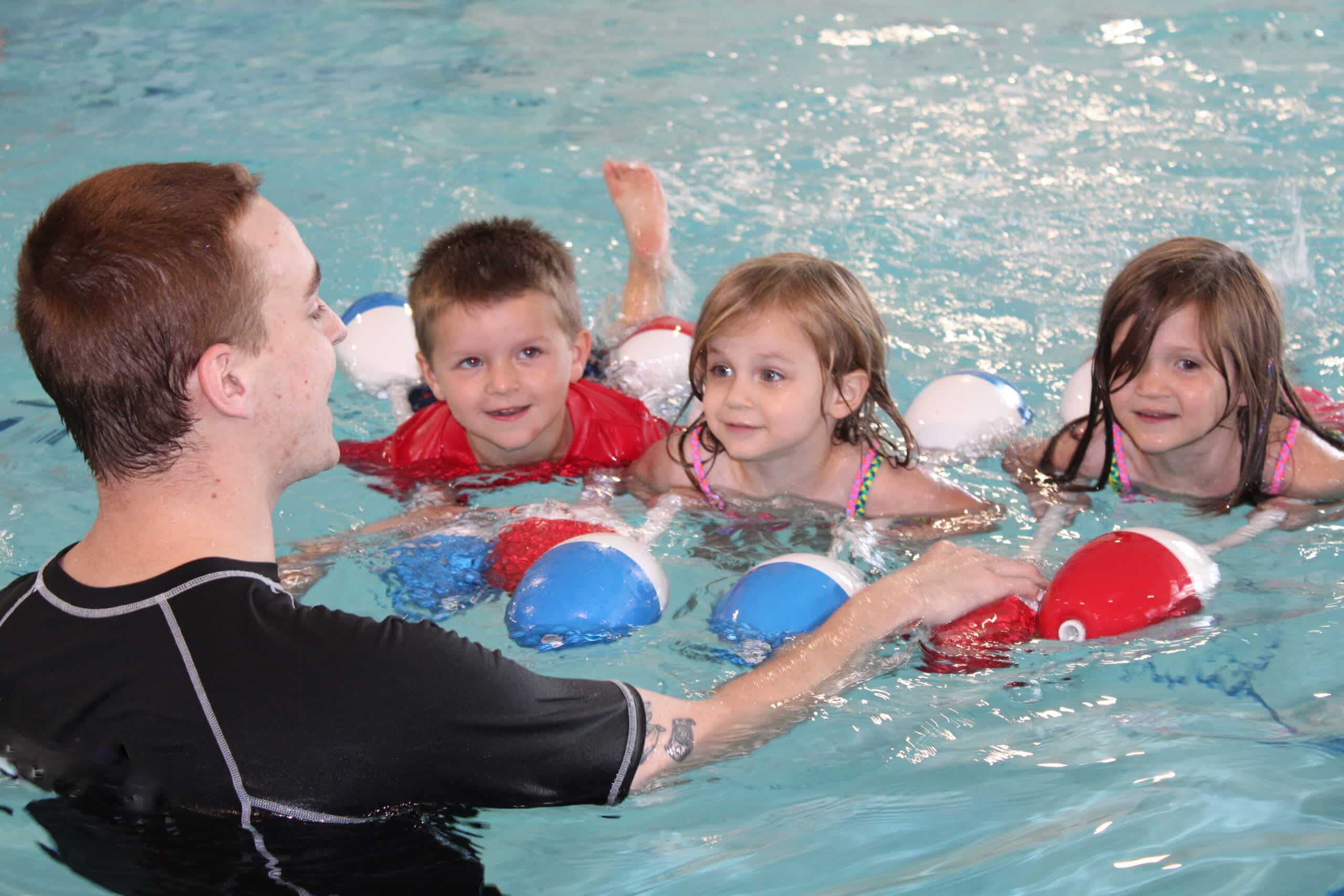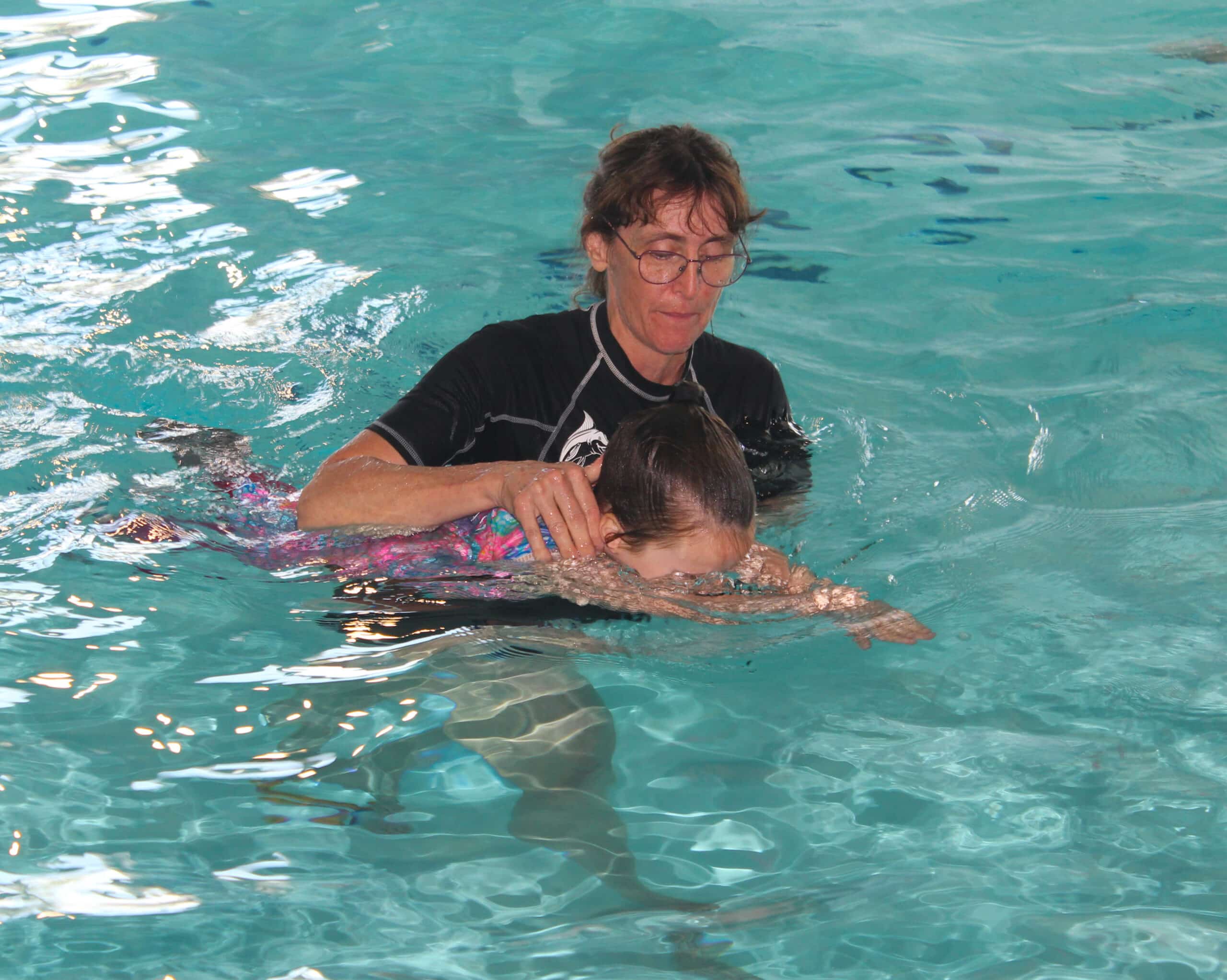
Why Summer Swimmers are Made in the Winter
Water related accidents happen at any time of year. Bodies of water and swimming pools are still dangerous for ANYONE during the cold months. This is why we at BCS push float tests and practicing floating in clothes. It is important to be prepared in an emergency, regardless of the time of year. This is also important for any age group, infant to adult.
1.Class Sizes
Swimming in the winter months has many benefits. Swimmers can have extra one-on-one time with the instructor as classes tend to be smaller in the non-summer months. This extra time with instructors can be just what your child needs. They will have more time to work on specific skills, which might just be what your child needs to promote to the next level.
2. Practicing
If you don’t use it, you lose it… This saying is true about many things and swimming is definitely one of those. Swimmers must practice skills on a regular basis to maintain and continue their growth. This is especially true for our new and younger swimmers. Learning six months’ worth of skills and then taking off six months can regress a swimmer, especially for 7 years or younger.
3. Indoor Temperature
Swimming is possible during the winter with heated air and water here at BCS! Our water is heated to 88-90 degrees keeping children warm throughout their entire lesson. Our air is heated to 85 degrees at all times so you won’t even know it’s winter. The warm atmosphere helps the children stay focused on their class and not the colder weather outside.
4. Swimming Makes Your Child Smarter
Swimming year-round helps children developmentally. Physically, cognitively, and through language development are some areas in which children in swimming lessons are ahead. Check out this study from Griffith University.
Some statistics from this study are below:
The study ranged of 7,000 kids who took swimming lessons in the USA, Australia, and New Zealand. These students had a substantial competitive edge across all developmental areas:
- Intellectually, they were 6 months ahead of their peers in counting and mathematics reasoning.
- Physically, they were 7 months ahead in motor development.
- Socially, they were 15 months ahead in social and emotional development.
Click here for a link to the Study.
Click here for a link to the video of the initial case study 10 years ago.






